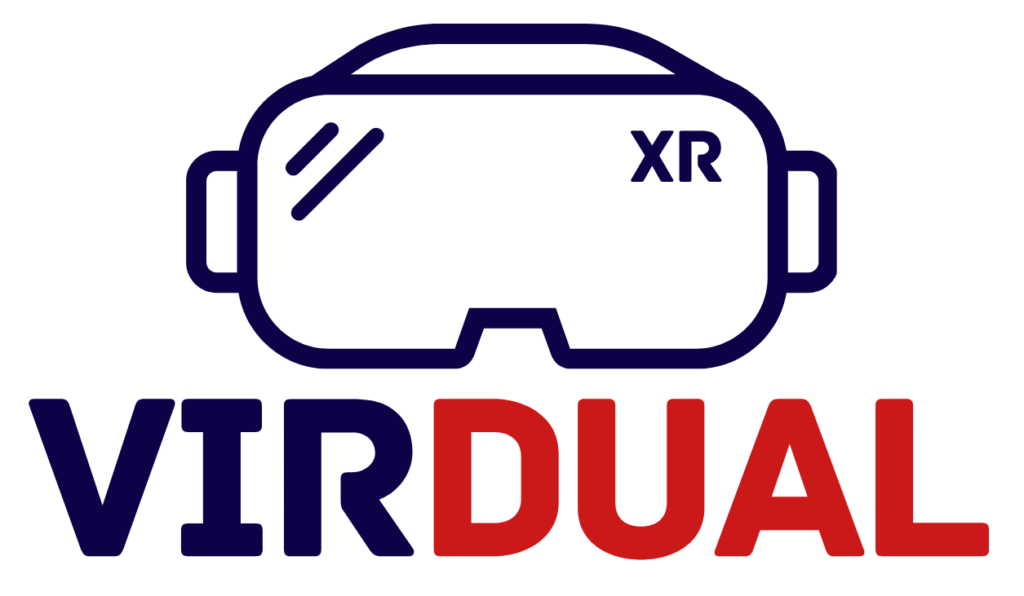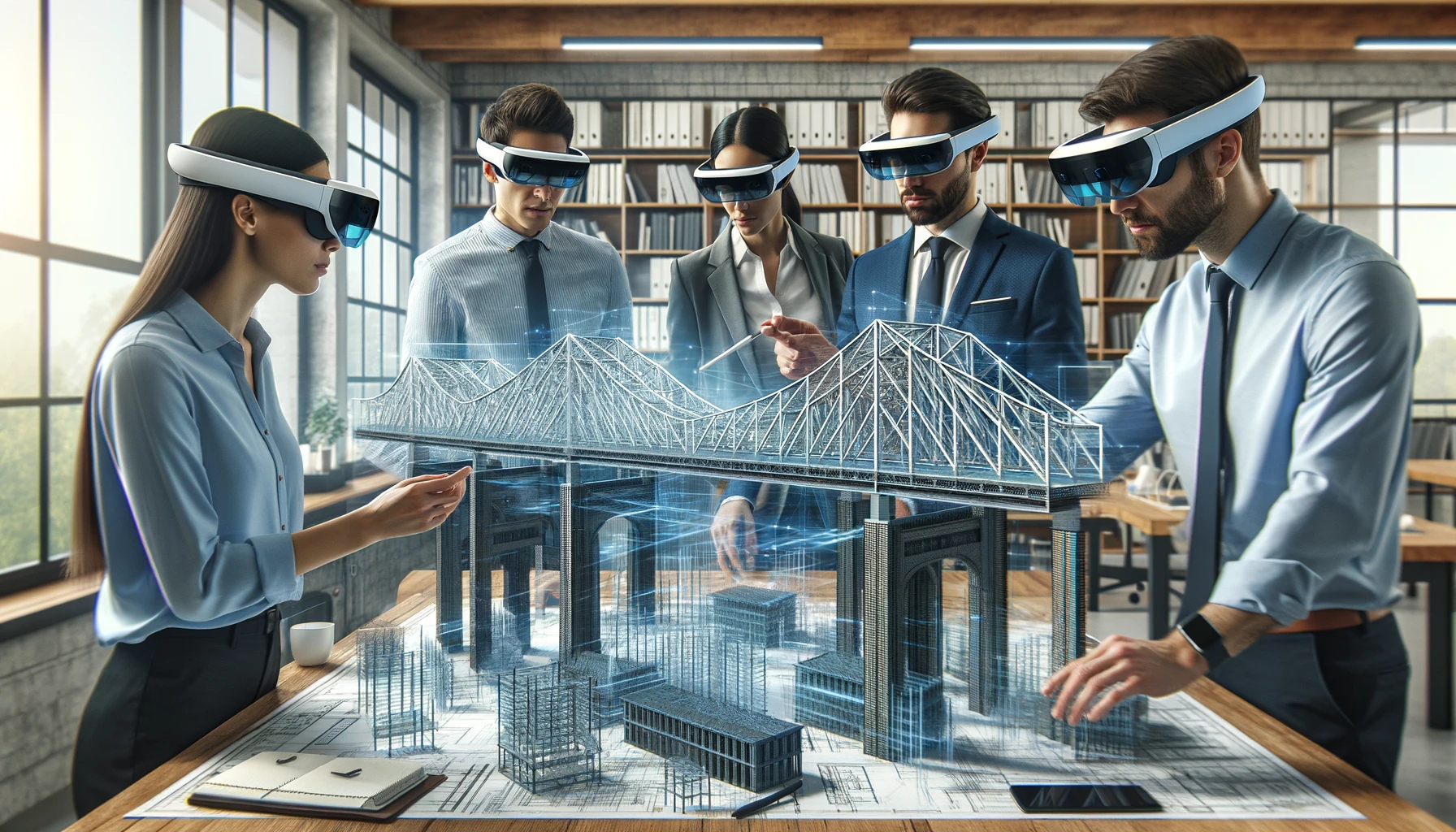Extended reality allows users to create, collaborate and explore computer-generated environments like never before, from the most advanced games to virtual production and product design. But how can extended reality benefit vocational education and training?
The truth is that extended reality can significantly transform vocational education and training outcomes in many ways:
Enhancing the Learning Experience
It allows students to interact with virtual environments and objects, making learning more immersive and hands-on. For example, instead of reading how to assemble an engine, students can virtually disassemble and assemble it, making it easier to understand complex concepts.
Realistic Simulations
Virtual Reality simulations allow students to practice skills in a safe environment before applying them in the real world, such as in medicine, aviation or engineering.
Access to Advanced Resources
Augmented Reality can overlay additional information on top of the real world, providing students with instant access to data, instructions and tutorials as they work on practical tasks to improve their accuracy.
Collaboration and Remote Learning
XR facilitates collaboration between students and professionals in different geographic locations to share knowledge and solve problems in real time without travel.
Motivation and Retention
The use of Extended Reality technologies makes learning more engaging and motivating, as well as much more efficient.
In short, extended reality is revolutionising VET by providing advanced tools that improve the quality and effectiveness of learning, better preparing students for the challenges of today’s labour market.

